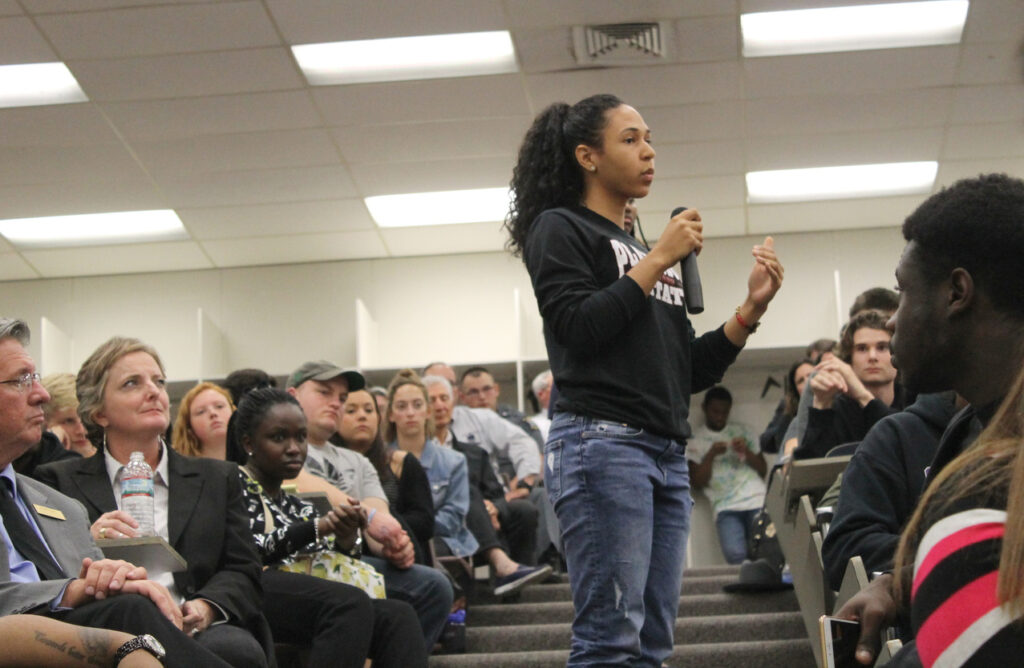
Resolving to Serve: Celebrating Conflict Resolution in Public Service Recognition Week
As we commemorate Public Service Recognition Week, it’s important to acknowledge the dedication of public servants and the unique challenges they face. This week, I am proud to celebrate the profession that has been near and dear to me for almost three decades by highlighting the role of effective conflict resolution strategies in enhancing service delivery and fostering a supportive community environment.
“Conflict” is My Middle Name
Public servants often operate under high stress, dealing with limited resources and diverse stakeholder expectations. These pressures can lead to conflicts among team members, between departments, and even with the communities they serve. Recognizing and addressing these conflicts proactively is vital to maintaining a healthy organizational culture.
I’ve Got Big Fish to Fry– Why Does Conflict Resolution Matter?
Effective conflict resolution ensures that local governments function optimally. By resolving disputes constructively, public servants can focus on their primary mission: serving the community. Moreover, well-managed conflicts can lead to innovative solutions, improved relationships, and a more motivated workforce.
Easier Said Than Done — How Do I Pull This Off?
1. Training and Development: Regular conflict management training sessions can equip public servants with the tools necessary to handle disputes effectively. These sessions should focus on communication skills, negotiation techniques, and emotional intelligence.
2. Implementing Mediation Practices: Introducing a neutral third-party mediator, especially in more complex disputes, can help facilitate a fair resolution. Mediators can assist in finding a middle ground and ensuring all voices are heard, which is crucial in a local government setting.
3. Creating Collaborative Solutions: Encouraging stakeholders to collaborate on finding solutions resolves the immediate conflict and strengthens team cohesion. Collaborative problem-solving sessions can turn adversarial relationships into partnerships.
Give Me an Example of How This Might Work
Amidst plans for a controversial development in the downtown area, the city commission faced significant backlash from residents concerned about increased traffic and the loss of local character (I realize this is a stretch, but stay with me). The City organized a series of public forums to address these issues, including all stakeholders. These forums, facilitated by trained mediators, allowed for open dialogue and shared concerns, leading to a revised development plan that balanced economic benefits with community values. This proactive approach resolved the conflict and restored trust in the City’s commitment to public interest. The plan successfully balanced economic benefits with preserving community values. This proactive conflict resolution approach resolved the issue and restored the community’s trust in the City’s dedication to the public interest. Oh, and everyone lived happily ever after.
Public Service Recognition Week is the perfect time to reflect on the importance of conflict resolution in public service. By investing in these skills, cities, and counties enhance their effectiveness and honor their commitment to serve with integrity and respect. Let’s take this week to appreciate our public servants and encourage the continuous development of conflict resolution skills, ensuring a resilient and responsive public sector.
To find out more, please click here for other articles about addressing conflict in your organization and community.
Sarah is a Florida Supreme Court-certified Circuit Civil and County Mediator. She served in city government for 25 years and continues to be active in the local government profession through her FCCMA committee participation and as a founding board member of Florida Women Leading Government (FWLG) and the Nighttime Economy Culture and Policy (NITECAP) Alliance.
